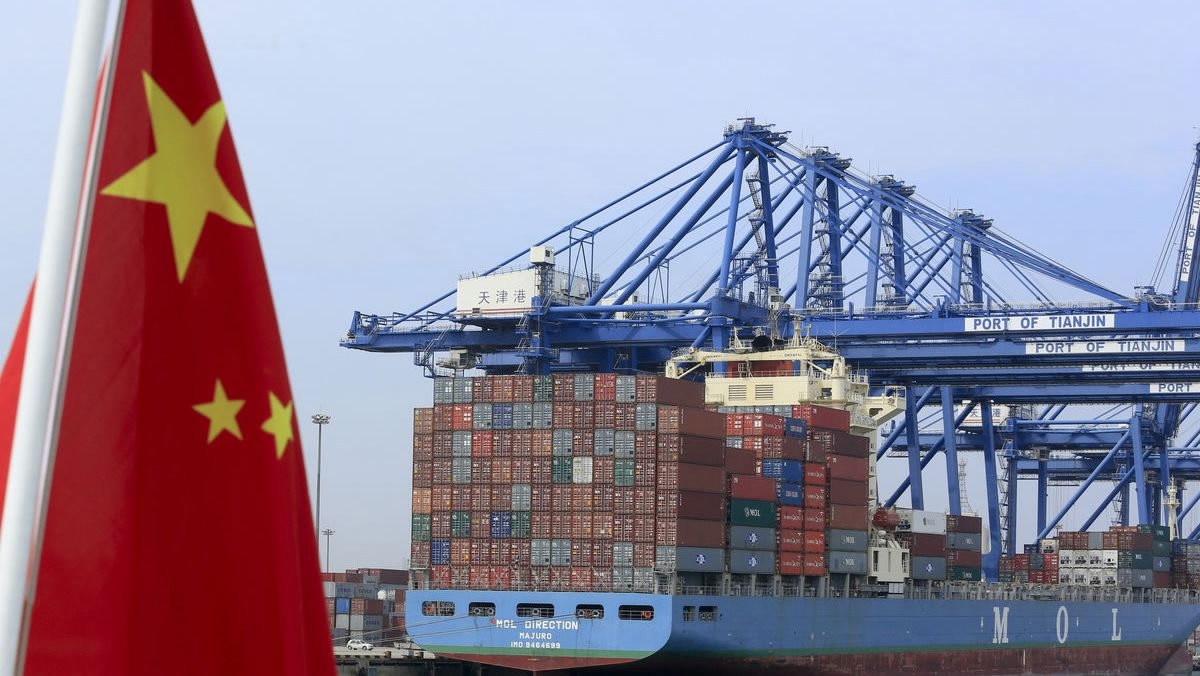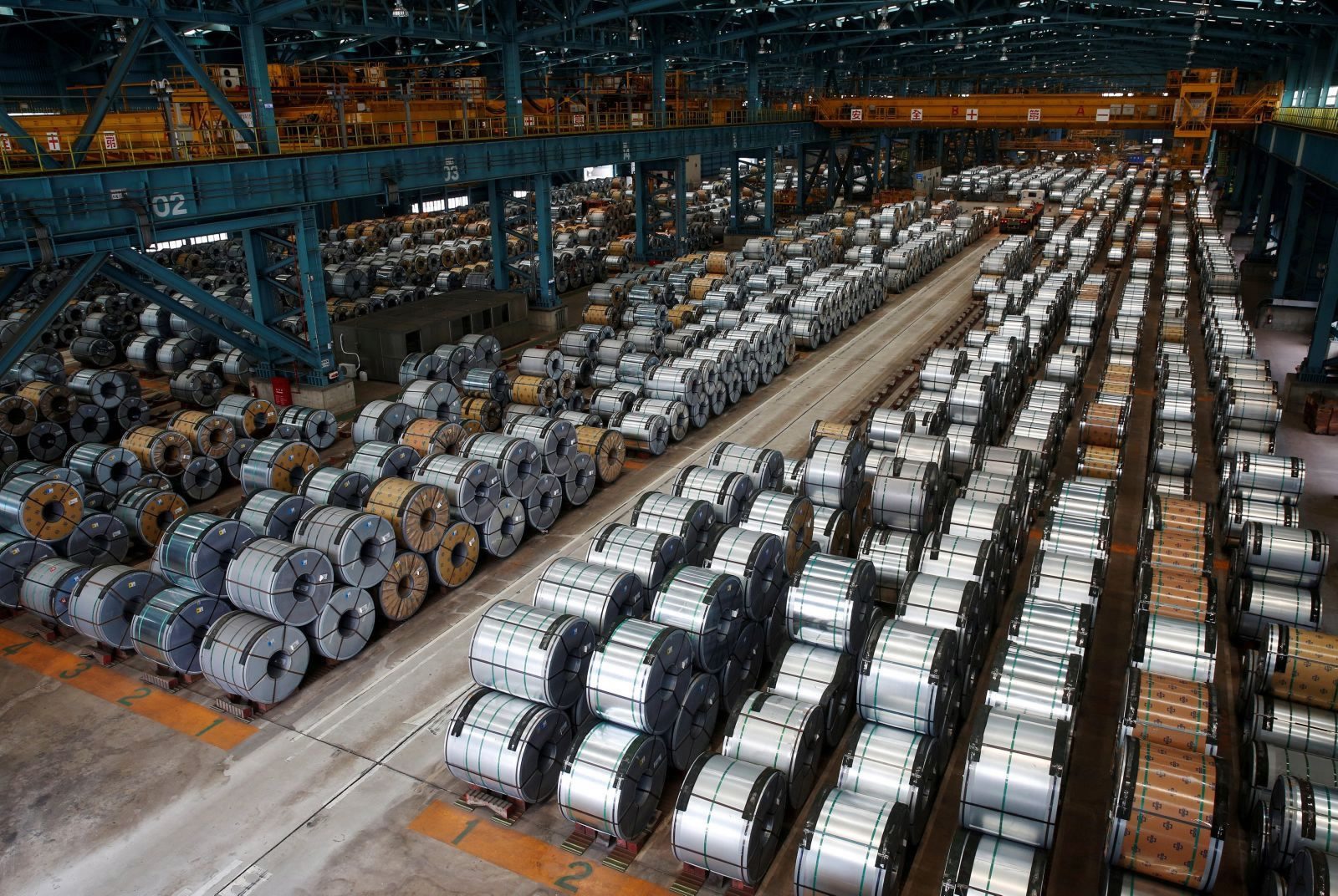
Business
17:40, 21-Oct-2017
China extends anti-dumping duties on caprolactam imports from EU, US
By CGTN's Han Jie

Beijing will extend anti-dumping duties on imports of a synthetic polymer widely used in textiles from the EU and the US for another five years, China's Ministry of Commerce (MOC) announced on Saturday.
China first proposed anti-dumping duties on caprolactam in 2011 on the grounds of dumping. It implemented them in May 2014, following an investigation into polysilicon imports from the EU.
The latest decision follows a review that found the domestic industry would be harmed if anti-dumping duties were discontinued.
China said the extension of the duties was necessary as their cancellation would have likely led to more dumping practices from the EU and the US.
The MOC added that China will continue to collect anti-dumping duties in accordance with the rates set in 2011.

Beijing will extend anti-dumping duties on imports of caprolactam, a synthetic polymer widely used in textiles, from the EU and the US for another five years. /VCG Photo
Beijing will extend anti-dumping duties on imports of caprolactam, a synthetic polymer widely used in textiles, from the EU and the US for another five years. /VCG Photo
In terms of US caprolactam, DSM Chemicals North America, Inc., Honeywell Resins & Chemicals LLC, and the BASF Corporation will face an anti-dumping tax of 2.2 percent, 3.6 percent and 2.5 percent, respectively. All other US companies will be levied a uniform anti-dumping tax of 24.2 percent.
The MOC had earlier said that DSM Fibre Intermediates B.V. and six other European companies were subject to anti-dumping duties of between 2.3 and 4.9 percent, while rates for other EU companies were set at 25.5 percent.
The MOC also responded on Saturday to the European Commission’s opening of an investigation into imports of electric bikes from China.
“The Chinese government will closely watch the development of the case, and take necessary measures to resolutely defend Chinese companies’ legitimate interests,” MOC official Wang Hejun said in a statement.
2km

SITEMAP
Copyright © 2018 CGTN. Beijing ICP prepared NO.16065310-3
Copyright © 2018 CGTN. Beijing ICP prepared NO.16065310-3